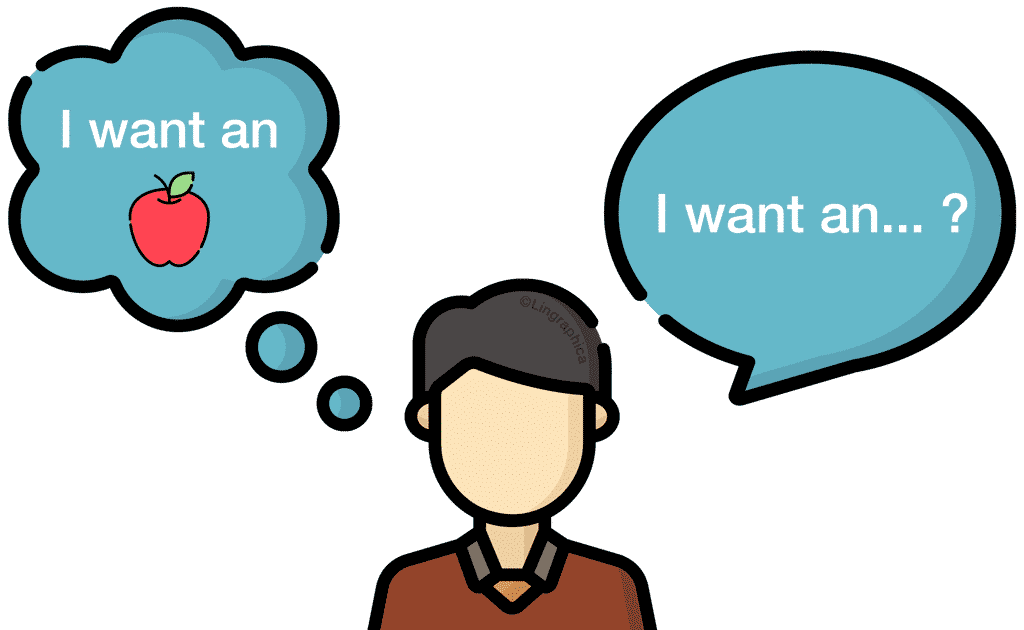What Is Anomic Aphasia, Symptoms, and Treatment Options
What is Anomic Aphasia?
Anomic Aphasia is a rare and complex type of aphasia that affects an individual’s ability to recall and produce specific words, leading to difficulties in naming objects, people, and places. Also known as nominal aphasia or amnestic aphasia, Anomic Aphasia is characterized by its symptoms, which often manifest in both everyday and extraordinary situations.
Imagine attending a family gathering or meeting new people, only to struggle recalling the names of familiar faces or objects. For individuals with Anomic Aphasia, even naming something as simple as a key or a picture can feel monumental. Their brain’s ability to store and retrieve such information is impaired, causing frustration for both the individual and those around them.
Individuals with Anomic Aphasia may exhibit behaviors like using general terms or descriptive phrases instead of the exact words they seek. They might say, ‘you know, that green thing that we use to make coffee’ instead of ‘coffee maker.’ Such struggles highlight their challenges in word retrieval.
Fascinatingly, Anomic Aphasia can sometimes signify cognitive decline, such as in the case of Alzheimer’s disease or other neurodegenerative conditions. It can also occur following brain injuries, strokes, or trauma.
Individuals may benefit from environmental cues to help retrieve specific words. Research has indicated that cognitive profiles influence the rate and degree of difficulties experienced.
While Anomic Aphasia significantly impacts daily interactions and overall well-being, understanding its cognitive implications can inform compassionate interventions from therapists.

Definition: A language disorder where individuals struggle to find the correct word to say or write down.
Definition: Uncovering the Mystery of Anomic AphasiaAnomic Aphasia continues to intrigue linguists, neuroscientists, and speech therapists alike. At its core, individuals grapple with recalling and expressing the names of people, places, and things, resulting in frustration.
Consider someone walking into a room full of friends but being unable to remember names. It can feel like being completely lost in a fog of words.
Common characteristics include difficulty recalling general knowledge, specific vocabulary, or even articulating thoughts or feelings. Real life accounts, like that of John—a history enthusiast who suffered a brain injury—dramatize the struggles of those with Anomic Aphasia.
Research underscores that damage to the left hemisphere, especially areas for language processing and semantic memory, can characterize Anomic Aphasia. Despite the absence of a definitive cure, treatments like speech therapy, cognitive training, and supportive interventions seem to alleviate some symptoms.
Anomic Aphasia, complex and multifaceted, speaks to the intricacies of human cognition and the need for ongoing research.
Key Takeaways:- Anomic Aphasia hinders word retrieval and naming abilities.
- It can affect individuals’ communication and social interactions.
- Damage to specific brain areas correlates with its presence.
- Therapy can yield positive results in communication improvement.
Recommended Resources:
- The National Institute on Deafness and Other Communication Disorders: Overview on Anomic Aphasia.
- The Aphasia Association: Living with Anomic Aphasia.
- Journal of Neurolinguistics: Comprehensive literature reviews on Anomic Aphasia.
Overview: Difficulty with Word Retrieval and Expression
Anomic Aphasia is a form of aphasia that disrupts word retrieval and expression. Individuals experience this disorder when trying to communicate in daily situations. Simple exchanges, like ordering food, pose significant challenges, leading to frustration.
Common symptoms of Anomic Aphasia include reduced word recall, difficulty in object and event descriptions, and challenges initiating conversations.
Support for those affected by Anomic Aphasia emphasizes clear communication strategies, labeling, and providing visual reminders to enhance effective interactions.
Caregivers fostering environments where naming promotes confidence can help alleviate tension for individuals with this condition.
Causes and Historical Context of Anomic Aphasia
Anomic Aphasia’s neurological roots often involve damage to the left temporoparietal regions of the brain, primarily affecting lexical retrieval and naming. This brain injury can arise from strokes, traumatic incidents, or degenerative diseases like Alzheimer’s.
Research indicates that early onset language anomalies during childhood may culminate in Anomic Aphasia later in life. Contributions from genetics and environmental factors are recorded, emphasizing the complexity of this disorder.